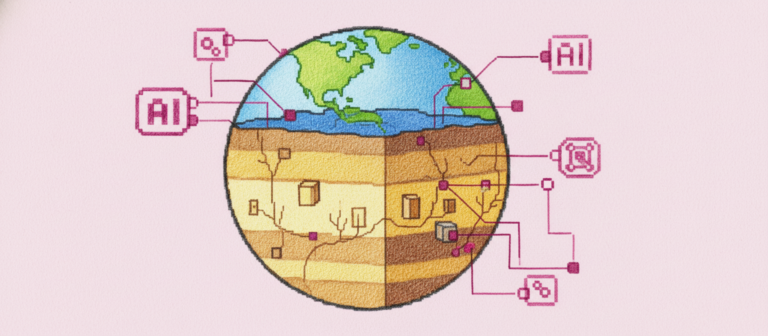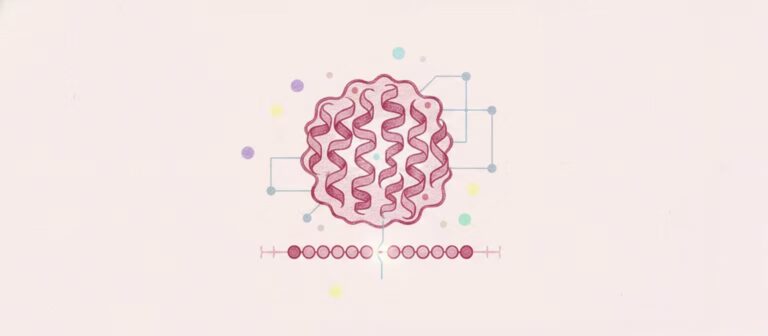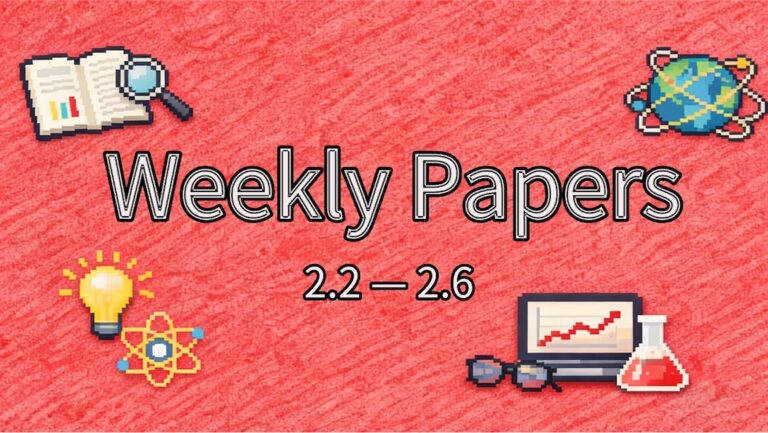Command Palette
Search for a command to run...
AI Makes Pharmaceutical Manufacturing Intelligent, Wishing You Health and Longevity

fieldFor the difficult problem of drug development in the medical industry, the use of AI technologies such as machine learning and deep learning can make the process faster, more economical and more efficient. At the same time, the use of technology is changing the way drug development develops.
You probably can’t imagine how much it costs to develop drugs?
On average,The development of a drug costs $2.5 billion and takes 10 years.Moreover, only about one-tenth of the drugs will actually be used. According to the data, the return on investment in new drug research and development in 2017 was only 3.2%.
How to successfully and efficiently manufacture drugs, while at the same time being able to pass clinical validation and ultimately meet medical standards, is an urgent problem that needs to be solved in research and development.

So, in today's world where AI + healthcare is highly valued, can the use of AI technology in drug research and development change this situation?
Drug development is hard? Try AI
Brendan Frey, a professor of engineering and medicine at the University of Toronto, said, "Traditional drug development relies heavily on luck, similar to blindly throwing a stick at a tree to see if you can knock down an apple. This method is not only time-consuming and labor-intensive, but also has no guarantee of success."
This statement vividly describes the dilemma of drug development, which also indirectly reflects the difficulty of pharmaceutical manufacturing.

One reason is that there are countless molecules that can be made into drugs, and research and development requires solid professional knowledge to analyze which drug molecules can treat specific diseases. This is a huge matching task.
On the other hand, pharmacists must take into account many factors: such as the various interactions between drugs and multiple cells and organs in the human body, the differences in drugs in different patients, etc.
The reason why these problems are difficult is that the areas they cover and are designed for require a large amount of data analysis to find specific patterns.When it is handled manually, it will cost a lot and mistakes are prone to occur.
This is exactly where AI comes in handy. AI can find directions in massive amounts of data and make the process faster, more economical and more efficient.
Now, researchers can sketch out a rough concept for a solution and then use data and machine learning to let AI do the rest.
Companies focusing on AI drug development
Located in Toronto Cyclica , was selected as one of the top 20 AI drug development companies in the world last year. They have cooperated with many companies.Combining AI with biophysics, statistics, and big data, we focus on studying how drugs work on multiple targets and diseases.

“Historically, drugs have been designed to target a single target and therefore developed to bind to a single protein,” said Naheed Kurji, President and CEO of Cyclica.
But many studies have shown that drugs often have hundreds of off-target interactions (that is, they bind to more than just a single protein), which can lead to unexpected side effects. Our goal is to check all the proteins in the body that can bind to drugs. And AI can effectively help us."
Cyclica's research also helps scientists understand why certain drugs work differently on different people, thereby accelerating development updates to get more precise drugs. They said, "Our goal is to shorten the drug development time to two years through AI."
Kurji also said, “For diseases that have no symptomatic treatment, such as Alzheimer’s disease, and for diseases that are difficult to cure, such as diabetes,With the help of AI technology, it may be possible to enter a treatable or even curable stage earlier than the old model..
To combat the difficulties of pharmaceutical manufacturing, AI is flourishing everywhere
With the development of technology, more and more companies and institutions are using AI to study drug generation.

In recent reports,University of PittsburghResearchers have used deep learning methods to improve the accuracy of drug development.
With the help of AI, they explored and studied millions of virtual models of molecules in computers and simultaneously observed how hundreds of diseases responded to specific drugs.
Deep learning also helps researchers understand the potential side effects of drug molecules and capture those molecules that are effective against specific diseases in order to synthesize new drugs.Through research, they have now improved the accuracy of synthetic predictions from the previous 50% to the current 70%.

Another one is called Deep Genomics company, claiming they have 20 AI systems.
Their head said, "Want to discover new drug targets for disease mutations? We have a set of AI tools. Want to design a drug that can solve a specific problem? We have another AI tool. Want to check whether the drug may cause side effects? We have another set of AI tools."
In addition,Many companies are also exploring new drug options in different clinical trials by training large neural networks.
For example, it has been reported that a deep learning model can also determine whether a drug is effective against diseased cells by analyzing microscope images. This method is used to observe hundreds of characteristics of cells and can process up to 10 million per week. This is far beyond human capabilities.
Based on these AI technologies, the data collection and processing process in the drug research and development process has been greatly accelerated, and some development models of the pharmaceutical industry have also been changed.
AI + drug development, this is the model of the future
As it stands now,AI is already being applied at every major stage of drug development.
From literature analysis in the preparatory stage, initial identification of intervention targets, to discovery of candidate drugs, followed by faster clinical trials, and ultimately the search for biomarkers to diagnose the disease (determine the efficacy of the drug), AI is gradually taking over and accelerating this step.
It can be said that AI has brought this industry to a new height, but at present, there are still some shortcomings. The researchers said, "Artificial intelligence is suitable for processing systems with large amounts of data, but it does not have innovative ideas.

So even if AI + drug development seems to be hot, they are just assisting professional researchers. AI is responsible for obtaining analytical predictions from data, while experts set problems for AI to solve and conduct final verification and approval.
This does not hinder AI's contribution to drug development and the tremendous changes it has brought to medical care.
Moreover, as AI continues to develop and progress, we have reason to believe thatOnly by embracing and mastering technology can society develop to the next stage.








